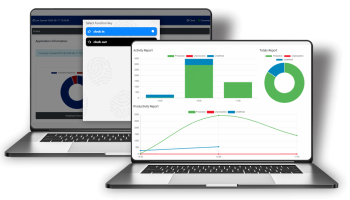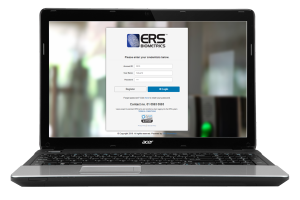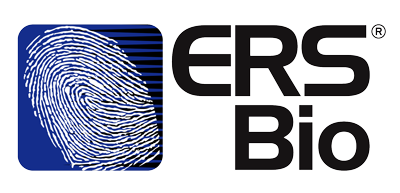Protecting Staff and Customer Data
Protecting employee and customer data is crucial to maintaining trust, complying with regulations, and preventing data breaches. Here are some tips to help you effectively safeguard this sensitive information in the workplace:
- Implement Strong Access Controls:
- Limit access to sensitive data only to those who need it for their roles.
- Use role-based access controls to ensure employees have access only to the information necessary for their tasks.
- Encryption:
- Encrypt both data at rest and data in transit. This prevents unauthorized access even if data is compromised.
- Employee Training and Awareness:
- Train employees on data protection policies and procedures.
- Foster a culture of cybersecurity awareness to help employees recognize phishing attempts and other security threats.
- Regular Data Backups:
- Regularly back up sensitive data and systems to ensure quick recovery in case of data loss or a cyberattack.
- Strong Password Policies:
- Enforce complex password policies that include a combination of letters, numbers, and special characters.
- Encourage or require regular password changes.
- Multi-Factor Authentication (MFA):
- Implement MFA to add an extra layer of security, requiring users to provide multiple forms of verification before accessing sensitive data.
- Secure Physical Access:
- Control physical access to areas where sensitive data is stored.
- Use secure locks and access cards to prevent unauthorized entry.
- Consider implementing Biometric Identification devices.
- Regular Software Updates:
- Keep operating systems, applications, and security software up to date to patch vulnerabilities that could be exploited by attackers.
- Network Security:
- Use firewalls, intrusion detection systems, and intrusion prevention systems to protect your network from unauthorized access and cyber threats.
- Data Minimization:
- Collect and store only the data that is necessary for your business operations.
- Dispose of outdated or unnecessary data securely.
- Vendor and Third-Party Risk Management:
- Evaluate the security practices of third-party vendors who handle your data.
- Ensure they have adequate security measures in place.
- Incident Response Plan:
- Develop an incident response plan outlining steps to take in case of a data breach.
- This should include communication protocols, legal considerations, and actions to mitigate damage.
- Regular Security Audits:
- Conduct regular security audits and assessments to identify vulnerabilities and address them proactively.
- Data Protection Regulations:
- Stay informed about data protection regulations applicable to your industry and region.
- Ensure compliance with laws or local data protection acts such as POPIA.
- Privacy by Design:
- Integrate data protection measures into your systems and processes from the start.
- Prioritize privacy considerations when developing new products or services.
By adopting these best practices and maintaining a proactive approach to data protection, you can significantly reduce the risk of data breaches and enhance the overall security posture of your workplace.

For more info on the ERSBio’s Productivity Monitoring software, click here.

For more on ERSBio’s Time & Attendance Software, click here.
Contact us: sales@ersbio.co.za l 010 593 0593




